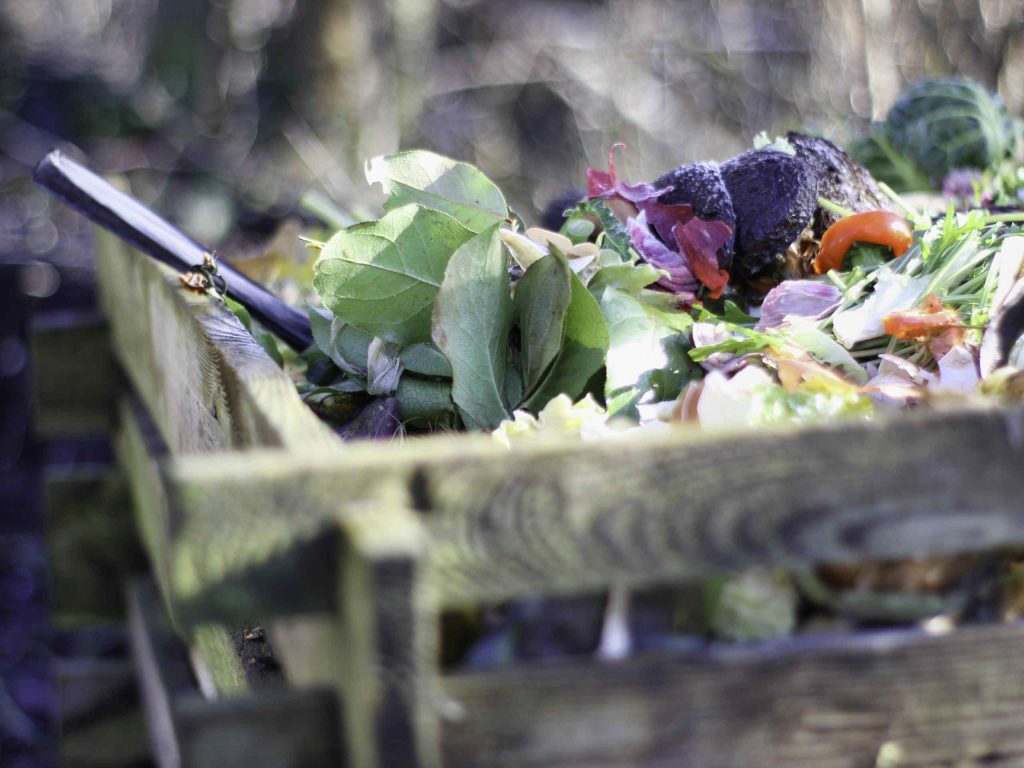Reducing food waste is an important issue in the catering industry. It is worth taking measures to reduce food waste, not only from an environmental perspective, but also from an economic one. Worldwide, one third of food ends up in the bin. In the EU, an estimated 173 kg of food waste is produced per person. Converted to Austria, that’s 143 fully loaded articulated lorries every day. Food waste is a massive problem for the environment. And means the loss of goods that have already been used.
We'll tell you how you can start saving money for a better future:
Lebensmittelabfälle sind in der Gastronomie ein großes Problem. Durch eine bewusste Planung, Lagerung und Verwertung von Lebensmitteln könnt Ihr als Restaurantinhaber oder Koch einen wichtigen Beitrag zur Reduzierung von Abfällen leisten und damit noch dazu Geld sparen.

Organic is not a label – it’s an attitude. In Falkenstein, Lower Austria, the Pesau winery practices organic farming as a generational contract: for the soil, for the landscape, for the wine. A conversation with Andreas and Georg Pesau about living origin, sustainable craftsmanship and the courage not to bow to every trend.
Baking tradition – that’s what “The Original Kreutzkamm Baking Book” offers, an opulently designed volume that not only includes recipes, but also 200 years of German confectionery history. Anyone with a passion for the fine art of baking will find much more than sweet temptations in this book: It is a masterpiece of craftsmanship and history – with icing on the cake.
Info:
Elisabeth Kreutzkamm-Aumüller & Martin Fraas
The original Kreutzkamm baking book
Callwey publishing house
ISBN 978-3-7667-2713-8
208 pages


Reducing food waste is an important issue in the catering industry. It is worth taking measures to reduce food waste, not only from an environmental perspective, but also from an economic one. Worldwide, one third of food ends up in the bin. In the EU, an estimated 173 kg of food waste is produced per person. Converted to Austria, that’s 143 fully loaded articulated lorries every day. Food waste is a massive problem for the environment. And means the loss of goods that have already been used.